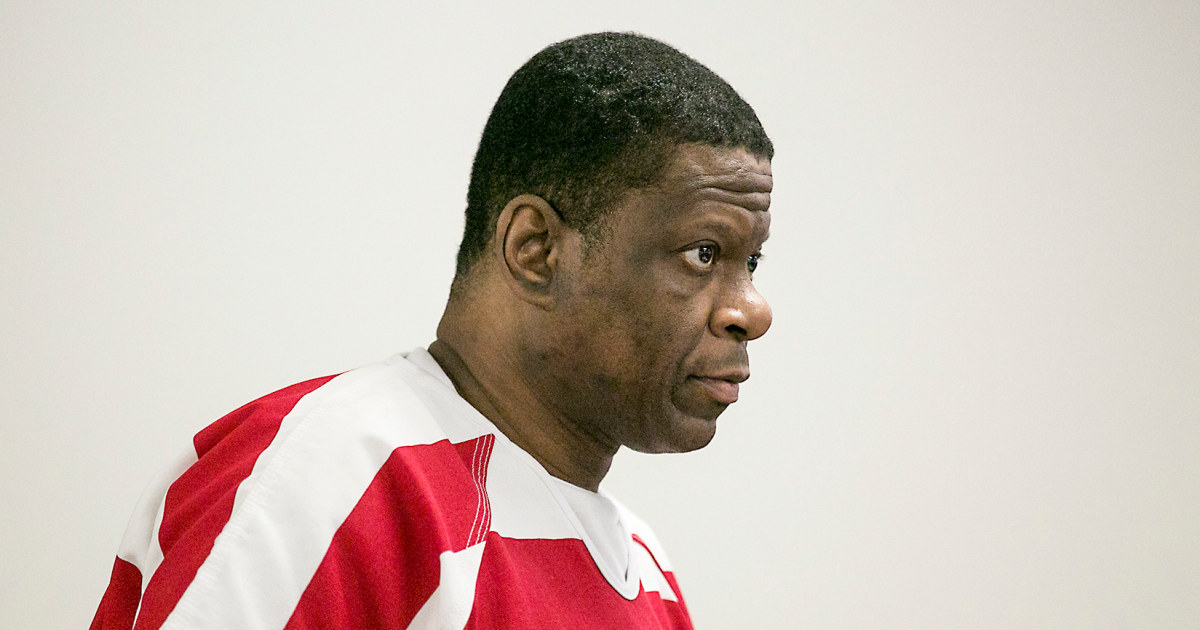Key takeaways:
- The Supreme Court ruled in favor of Texas death row inmate Rodney Reed, granting him a chance to seek new DNA testing.
- Justice Brett Kavanaugh found that the two-year window for filing a civil rights claim in federal court only starts counting down after state court proceedings are finished.
- The ruling is a major victory for Reed and his supporters, who have long argued that he is innocent and that the DNA evidence could prove it.
The Supreme Court has ruled in favor of Texas death row inmate Rodney Reed, granting him a chance to seek new DNA testing in the case of his 1996 conviction for murdering a young grocery store clerk.
The 6-3 ruling overturned a lower court decision that said Reed, who has long maintained his innocence, had waited too long to make the request. The issue before the high court was whether Reed, sentenced to death nearly 25 years ago, waited too long to file his lawsuit claiming that untested crime-scene evidence would exonerate him.
Justice Brett Kavanaugh, who wrote the opinion for the majority, found that the two-year window for filing a civil rights claim in federal court only starts counting down after state court proceedings are finished.
Reed’s case will now be sent back to a lower court for his constitutional challenge to the state’s law on DNA testing. Reed’s lawyers have argued that the state’s law is too restrictive and that the DNA evidence could prove his innocence.
The Supreme Court’s ruling is a major victory for Reed and his supporters, who have long argued that he is innocent and that the DNA evidence could prove it. The case has attracted national attention, with celebrities and lawmakers calling for Reed’s release. It is now up to the lower court to decide whether to grant Reed’s request for DNA testing.



Be First to Comment